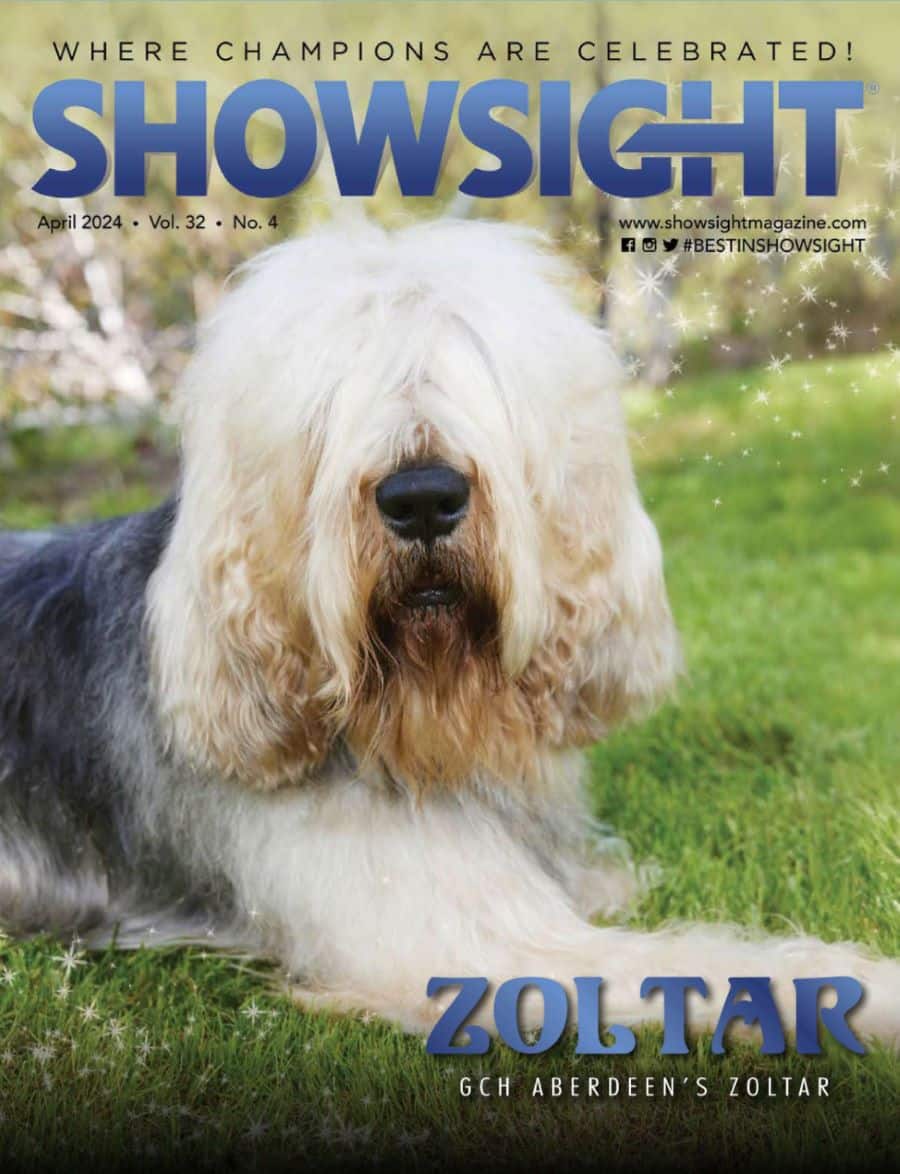About Spaniel Field Trials
Spaniel Field Trials are dynamic events tailored to assess the hunting proficiency of spaniels, thus playing a significant role in the preservation of these purpose-bred sporting dogs. Trials emphasize a breed’s innate skills at flushing and retrieving game, typically birds, under conditions that closely resemble actual hunting scenarios.
The trials focus primarily on evaluating the spaniels’ abilities in finding and flushing game. This involves the dogs using their keen sense of smell to locate game and then energetically driving it from its cover. The real-life hunting simulation provides an authentic backdrop for the dogs to demonstrate their innate skills in diverse field settings.
Key competencies assessed during these trials include the dogs’ effectiveness in searching for game, their flushing technique, and the swift and gentle retrieval of game. Spaniels are expected to exhibit strong hunting drive, efficiently covering terrain, and demonstrating focus and determination at locating game.
Handler-dog teamwork is pivotal in Spaniel Field Trials. Handlers guide their dogs through the course, ensuring effective searching; however, true skill is shown when the dogs independently flush and retrieve game, maintaining discipline and responding accurately to their handlers’ commands.
Format of the Trials
Spaniel Field Trials typically involve a series of exercises that test the dogs’ abilities to flush and retrieve game. The trials are conducted in varied environments that offer realistic hunting challenges. Dogs are expected to locate and flush game, and bring it back to the handler with ease and efficiency. Retrieves may be made in water as well as on land to test the spaniels’ proficiency in water as well as on land.
Judging in these trials is conducted by experts who are familiar with spaniel hunting techniques and abilities. Dogs are evaluated on their scenting ability, flushing and retrieving skills, obedience, and overall conduct during the trials. The emphasis is on the dog’s natural hunting abilities, with each dog judged against a standard of excellence.
History & Evolution of Spaniel Field Trials
The history and evolution of Spaniel Field Trials are deeply interwoven with the rich tradition of game hunting and the development of the spaniel breeds. Originating in the 19th century in the United Kingdom, these trials were a reflection of the aristocratic pastime of hunting with dogs. Spaniels, known for their keen sense of smell, agility, and enthusiasm, were bred and trained specifically for flushing game such as pheasants and woodcock from dense undergrowth. Their effectiveness in the field was a matter of pride and practical importance for hunters.
The first formal Spaniel Field Trial is believed to have been held in the UK in the late 1800s. These early competitions were organized to showcase the abilities of spaniels in a controlled, competitive environment. The trials were less standardized than they are today, with rules and scoring evolving over time. These events quickly gained popularity among hunters and dog enthusiasts, leading to the establishment of clubs and organizations dedicated to the sport.
Introduction to America
Spaniel Field Trials were introduced to the United States in the early 20th century. The American Spaniel Club, founded in 1881, played a pivotal role in popularizing the sport in the United States. The trials in America adapted to the local hunting conditions and regional game, leading to some variations from the British format.
Over the years, the rules and standards of Spaniel Field Trials have evolved to ensure a fair and consistent assessment of the dogs’ abilities. The development of standardized rules helped in making the sport more organized and accessible to a broader range of participants. These standards cover aspects such as the layout of the course, the types of game used, and the criteria for judging.
The popularity of Spaniel Field Trials has influenced the breeding and training of each spaniel breed. Dedicated breeders have selectively bred spaniels for traits such as intelligence, responsiveness to training, and hunting abilities. Training techniques have also evolved, incorporating modern methods that emphasize positive reinforcement and a deeper understanding of canine behavior.
Today, Spaniel Field Trials hold significant cultural and sporting value within the purebred dog and hunting communities. They attract enthusiasts who appreciate the skill and beauty of working spaniels in the field. Trials not only serve as a competitive arena, they also provide a means to preserve and enhance the natural abilities of spaniel breeds. Additionally, these events foster a community of people who share a love for the outdoors, hunting traditions, and the unique bond shared between handlers and their dogs.




